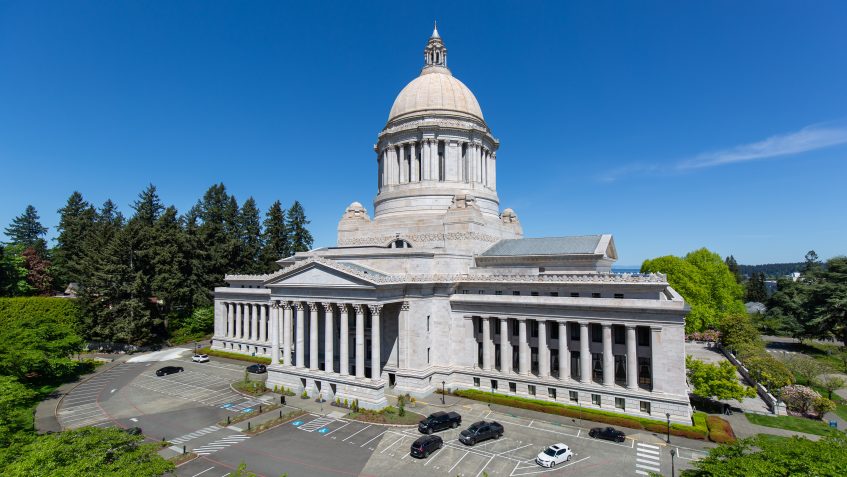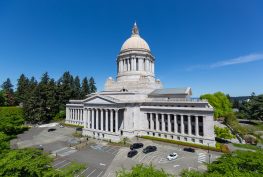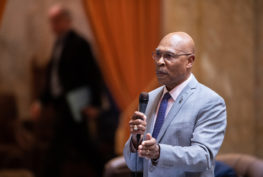OLYMPIA – Senate Democrats unveiled their 2018 supplemental operating budget plan on Monday—a budget that will cut property taxes by $403 million while still meeting the critical needs of our state with significant investments in education and mental health.
“This budget represents a responsible and thoughtful approach in spending our state’s resources,” said Christine Rolfes, D-Bainbridge Island, chair of the Senate Ways & Means Committee and chief budget writer. “We have seen substantial gains in our economy, but we also recognize the growing needs of Washington’s 7.5 million residents. I’m proud this budget makes targeted investments without any new taxes. It’s a document based on a vision of healthy families, safer communities and an economy that works for everyone across the state.”
The 2018 Supplemental Budget Proposal will make key investments in following areas:
- Tax relief ($403 million): The extraordinary growth of our economy gives the state an opportunity to reduce the property tax burden on communities across the state. This budget cuts state property taxes by 31 cents per $1,000 of assessed value in 2018, from $2.70 to $2.39.
- Education: This budget will at long last bring the state into compliance with its constitutional obligation to amply fund our public schools. An additional $1 billion would fully fund teacher and staff salaries as directed by the state Supreme Court, in addition to other targeted investments.
- Mental health: The 2018 budget fulfills our moral and legal responsibility to provide adequate support for those in our society who need mental health treatment. The budget invests nearly $300 million more over the next four years for state hospitals and the opioid crisis.
Other investments: The 2018 budget makes a number of other key investments:
- 2,500 additional State Need Grant slots
- Funding to support foster youth
- TANF grant is restored to pre-recession levels
- Funding increases for pediatric care
- Funding for improved school safety
“These investments will touch every corner of our state and improve the lives of all Washingtonians,” said Rolfes. “From extra money in their pockets to better classrooms for their kids, this is a budget that puts the people of Washington state first.”

About the Supplemental Budget
Supplemental budgets are passed in even years and allow us to make mid-course corrections on the two-year budget passed in odd years. It gives the state the opportunity to make critical new investments that keep families safe, provide high-quality teachers, and address other emergent needs like mental health care.




